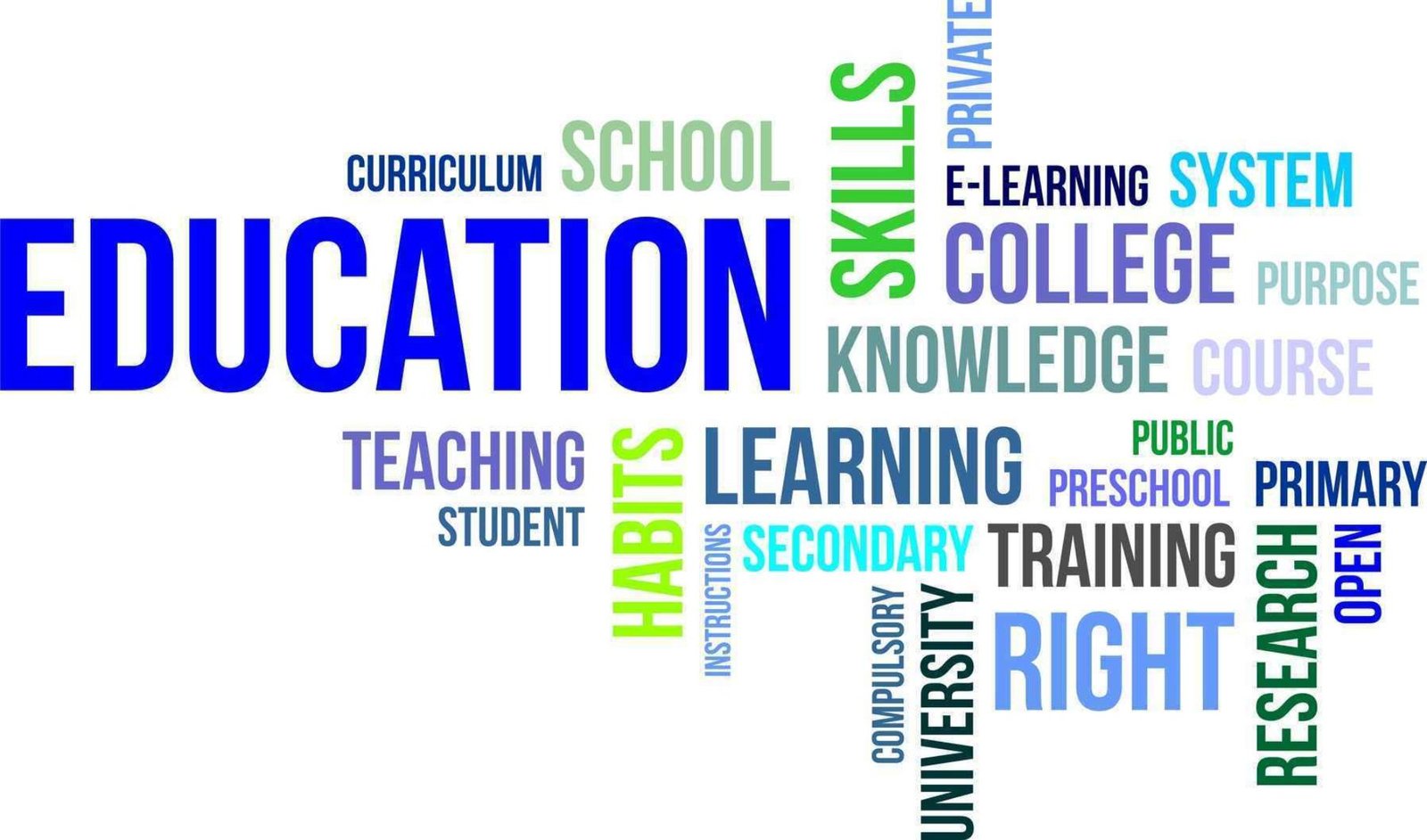Education Industries
** Key Components of the Indian Education Industry:
-
Pre-school and Primary Education: This segment focuses on early childhood education and primary schooling. It includes playschools, nurseries, and primary schools that provide foundational learning experiences.
-
Secondary Education: Secondary education covers students from grades 9 to 12. It plays a vital role in preparing students for higher education and future careers.
-
Higher Education: This includes undergraduate, postgraduate, and doctoral programs offered by universities and colleges across India. The country is home to many prestigious institutions like the Indian Institutes of Technology (IITs), Indian Institutes of Management (IIMs), and various central and state universities.
-
Vocational and Skill Development: As India focuses on skill development and employability, vocational education and training programs have gained prominence. These programs equip students with practical skills for specific industries.
-
Online Education: E-learning and online education platforms have seen tremendous growth, especially after the COVID-19 pandemic. Several startups and established institutions offer online courses and degrees.
-
EdTech: The education technology sector (EdTech) has witnessed significant growth in India. It includes companies that provide educational apps, learning management systems, and tools for teachers and students.
-
Coaching and Test Preparation: India has a robust coaching industry, especially for competitive exams like the IIT-JEE, NEET, and civil services exams. Coaching centers provide specialized training to help students succeed in these exams.
3. Recent Trends in the Indian Education Industry:
-
Online Learning: The adoption of online learning platforms has surged, offering a wide range of courses and flexibility for learners.
-
Skill Development: Skill-based training programs and vocational education have gained importance to enhance employability.
-
Government Initiatives: The Indian government has launched initiatives like the National Education Policy (NEP) 2020 to revamp the education system, focusing on holistic learning, vocational education, and flexibility in curriculum.
-
Internationalization: Indian higher education institutions are increasingly collaborating with international universities and attracting foreign students.
-
Personalized Learning: Adaptive learning technologies are being used to cater to individual learning needs.
-
Assessment Reforms: There is a shift towards competency-based assessments and away from rote learning.
In conclusion, the Indian education industry is evolving rapidly to meet the demands of a growing and diverse population. While facing challenges related to access and quality, it is also embracing technology and innovation to provide better learning opportunities for students across the country. Government initiatives and the growth of EdTech are expected to continue shaping the future of education in India.
